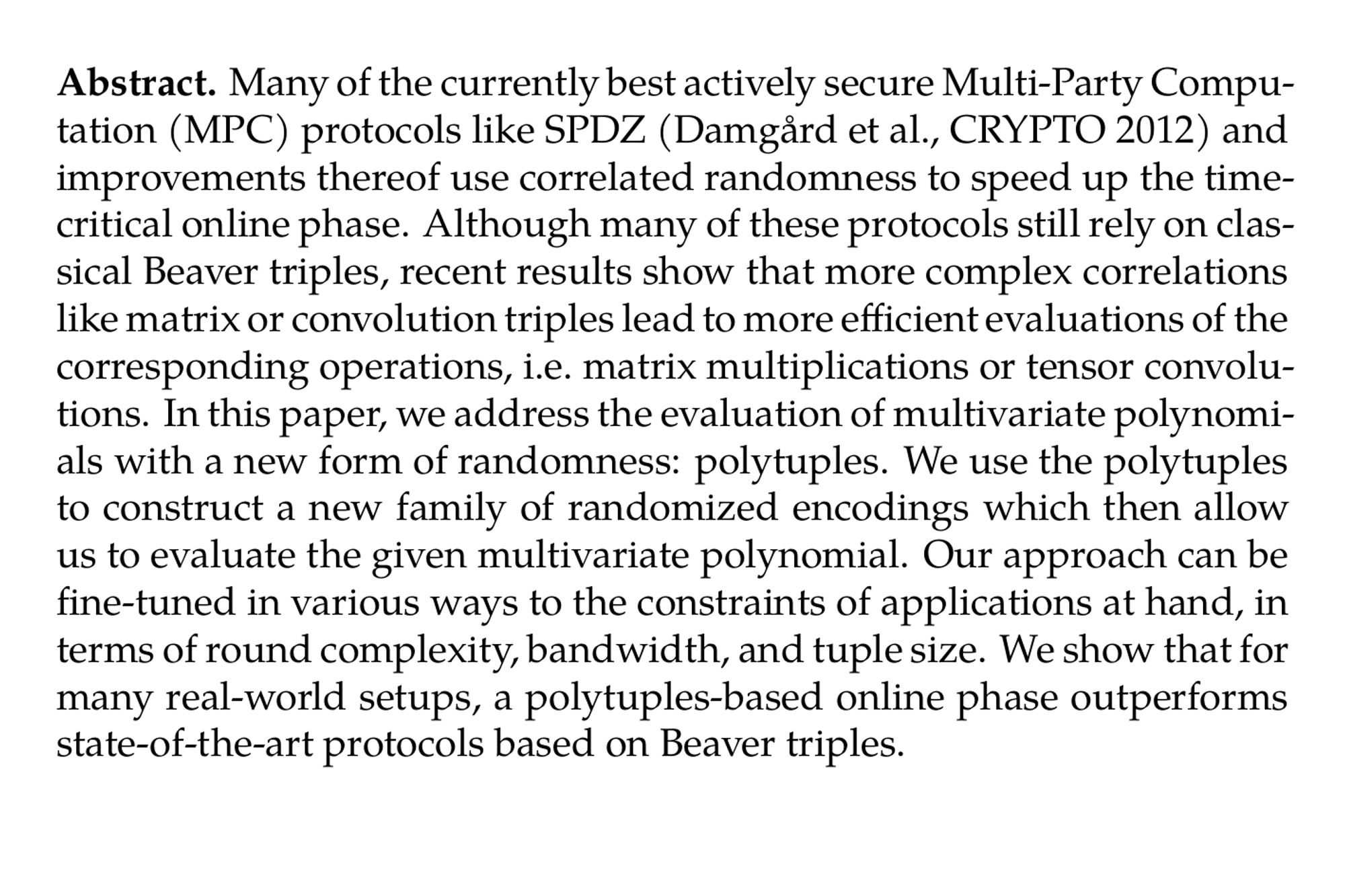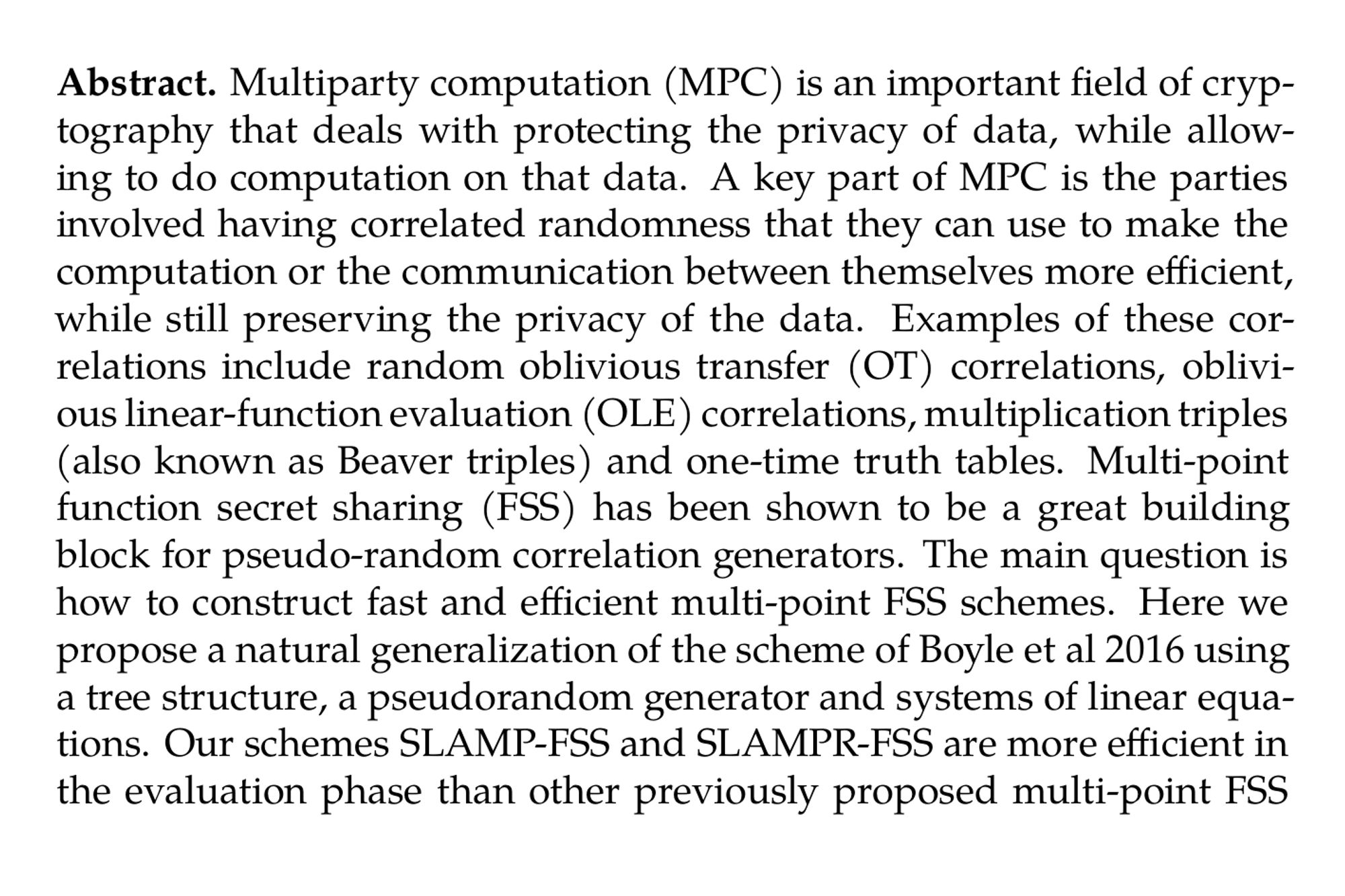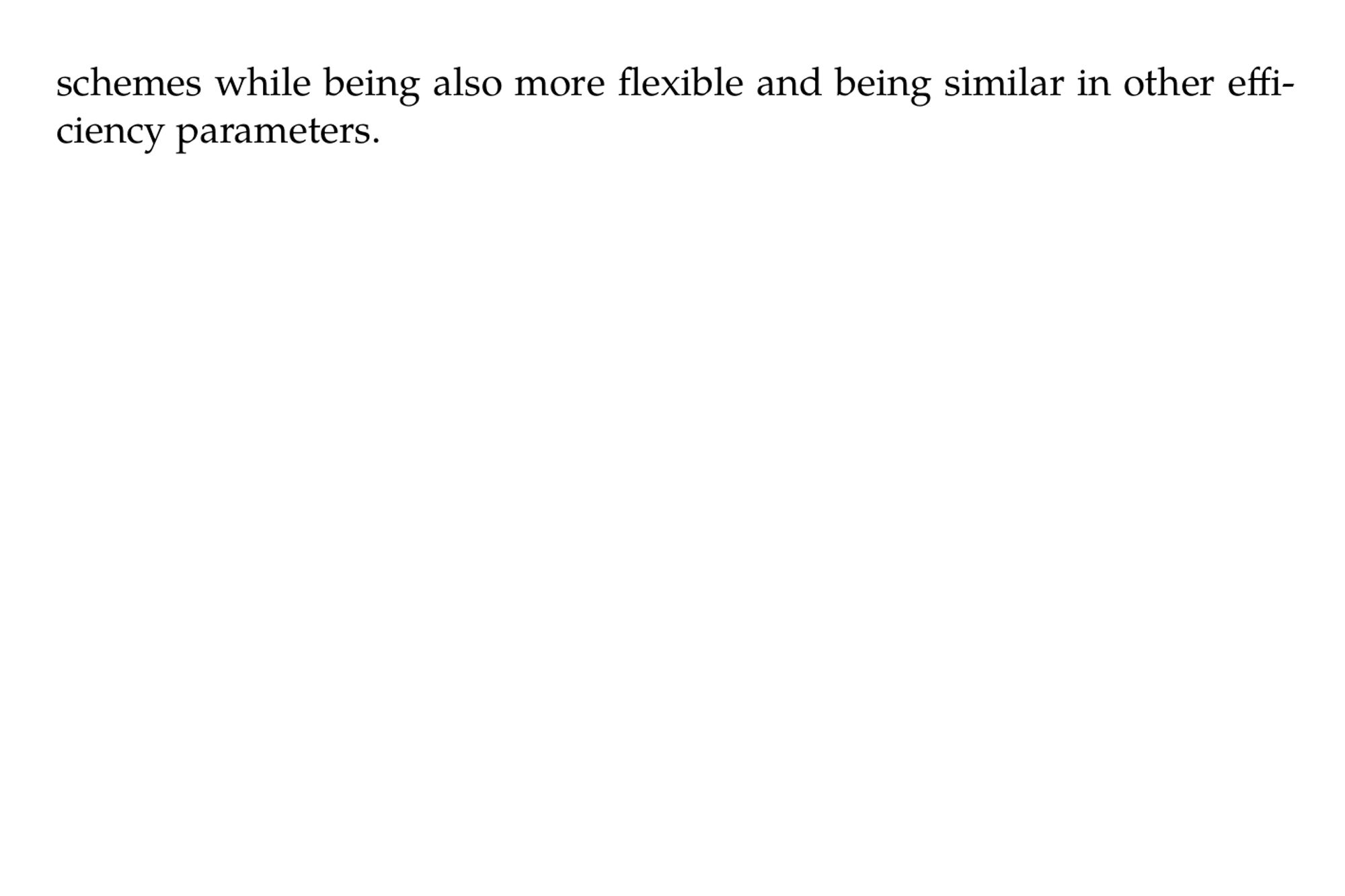Ei Toomas, uma pergunta, eu poderia ler em live Bunyy? Se não puder ok ;-;
『REACT』Fim do Mundo | Bunyy | Iron Master & Arthur Morgan (Red Dead Redemption 2) |Papyrus Da Batata @toomasplay.bsky.social#aikawareact#react#rapgeek#músicageek#hq#jogo#game#rapgame#bunyy#toomas#ironmaster##papyrusdabatata#reddeadredemption#reddeadredemtion2#arthurmorgan#toomasplay

YouTube video by Aikawa
Acabei de ver a nova música lançada do Iron e a do Ton Os dois mandaram muito, la no react eu ate falei do @toomasplay.bsky.social, falei sobre que o capítulo 4 tava em produção Incrível que só descobri essa história hoje kkk, fiz uma pergunta la por Toomas, espero que ele responda Amanhã lança
BBC Radio 3 Through the Night Now Playing Estonian Radio Choir, Luik, V., Veljo Tormis & Toomas Kapten Sugismaastikud (Autumn landscapes)

🇪🇪 Toomas Hävimaa (VIR) ei voittanut urallaan ainuttakaan kilpailua. Rooman 2014 Tähtien Kisoissa Hävimaa riemuitsi hopeastaan jo kolmannen heittonsa aikana (kuva).

Actively Secure Polynomial Evaluation from Shared Polynomial Encodings (Pascal Reisert, Marc Rivinius, Toomas Krips, Sebastian Hasler, Ralf Küsters) ia.cr/2024/1435

SLAMP-FSS: Two-Party Multi-Point Function Secret Sharing from Simple Linear Algebra (Erki Külaots, Toomas Krips, Hendrik Eerikson, Pille Pullonen-Raudvere) ia.cr/2024/1394


The chair of the #Estonia#China Parliamentary Friendship Group, Toomas Kivimägi, has accepted public criticism over Beijing paying for part of the group's recent visit to China. Meanwhile, other group members insisted on the usefulness of the controversial trip.

Members of the Estonia-China friendship group of the Estonian parliament will probably no longer travel to China on trips paid for by the host country, the group’s chairman, MP Toomas Kivimägi of the…
Die #Chatkontrolle#Verschlüsselung#Putin den Schlüssel zum Königreich.“